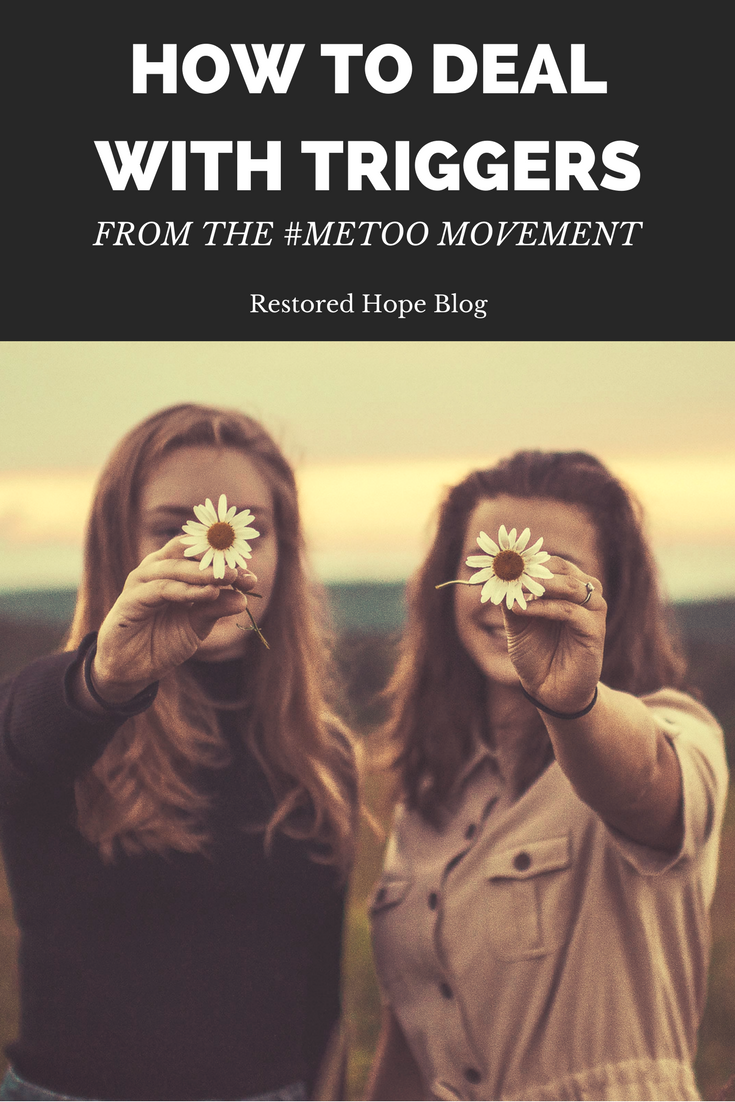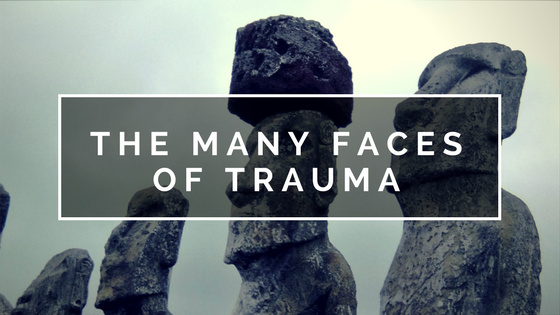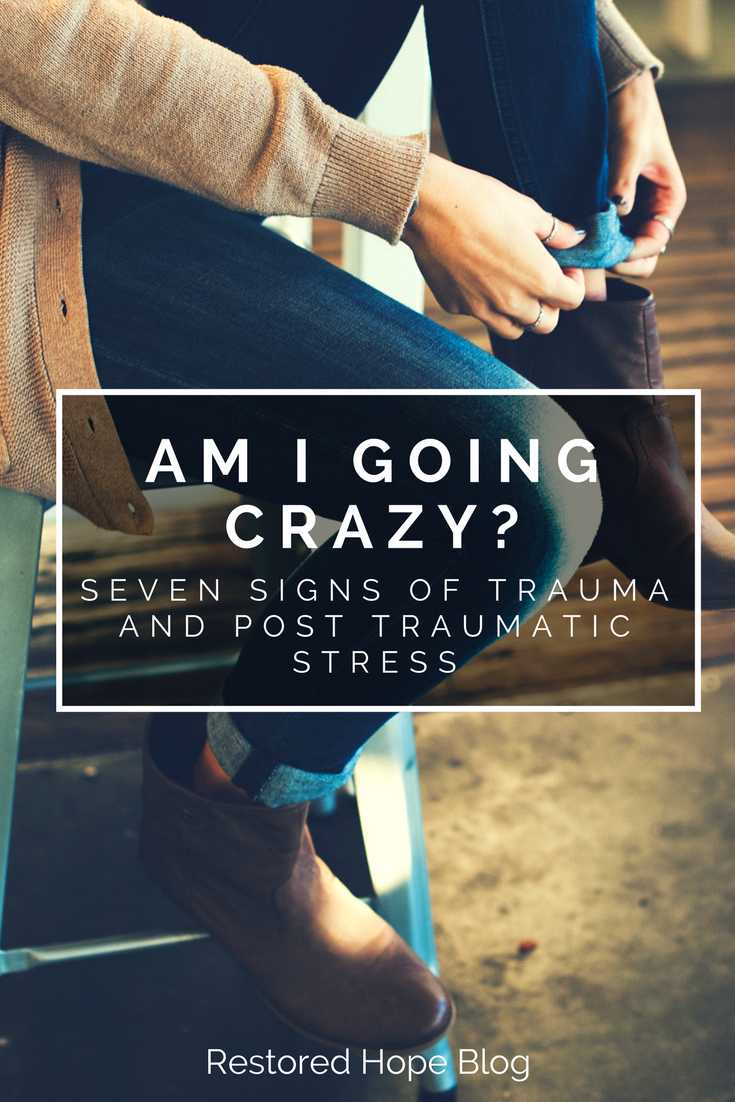Have you ever noticed how much families differ from one another? If you’re married, dating, or have even lived with a roommate, you’ve likely experienced friction as a result of these differences. You’ve learned certain patterns from your family-of-origin that are different from other families. Perhaps your loved ones clean differently than you do, cook certain recipes that have been passed down through generations, or have a different morning routine. These patterns aren’t necessarily negative: just different.
But what happens when the messages you’ve absorbed from your family-of-origin create problems for you? Maybe your spouse wants to talk about their feelings when they happen, and your philosophy is just to keep quiet and move on. Perhaps apologizing is difficult because it wasn’t modeled for you growing up.
We assume these patterns of behavior are “normal” because we don’t know anything different. We expect others to act in the ways our family did. However, what we come to realize is that these patterns of behavior aren’t always healthy. Unhealthy coping patterns learned as a result of these unspoken family rules can lead to addiction and dissatisfaction.
What are unspoken family rules?
As a child, you likely had some rules that were clearly outlined. A curfew, allowance, and chores often have direct and clear expectations. However, there are often “rules of engagement” in relationships, such as how you speak to one another, the way in which emotion is handled, or identifying who is responsible for consequences.
When these rules are unspoken, as is often the case, you learn them more by the response when you unknowingly break one. You also might learn from your parents’ modeling of behaviors. If your parents never talk about their feelings, for example, the precedent is set for you to do the same.
We internalize these “rules of engagement” and pick up unhealthy coping as a result. If you were taught that it wasn’t okay to experience a negative emotion like anger, then you aren’t given tools to handle anger when it comes up in your adult life. You may shy away from it or find yourself exploding when it arises and then feeling intense shame.
Common Unspoken Family Rules
Don’t talk.
This family rule doesn’t mean that you aren’t speaking to one another, but instead that you don’t have conversations about uncomfortable topics. Certain areas of discussion are off-limits. This breeds secrecy and hiding, both inside the family and outside as well.
You might notice this with an alcoholic or drug-addicted parent. All the family members may be aware of the problem, but you don’t talk about it, instead discussing lighter topics and ignoring the larger issue.
Don’t feel.
Have you ever seen the film Frozen? (If you’re the parent of young children, my guess is you’ve seen it more times than you’d care to admit.) In the movie, Elsa has magical ice powers that spiral out of control when she feels negative emotions. To manage these powers, her parents isolate her and explicity tell her “don’t feel.” But she soon finds this is impossible, and the plot of the film unfolds as she loses control of her emotions.
It is impossible not to experience negative emotions. But if they are unacceptable in your family-of-origin, you don’t learn how to manage them properly. You might become numb to certain emotions or struggle to control them. Emotions may be seen as a sign of weakness. Christian parents can sometimes give messages that certain emotions are sinful or signify lack of faith. Emotions such as anger, fear, hurt, and sadness are commonly minimized and implied as unacceptable.
Another way a child can absorb this unspoken rule is by observing parents’ strong reactions to negative emotions. If your parent becomes abusive while angry, you’re likely to avoid anger out of fear of losing control. If you had a parent who was consumed by sadness or depression, you may have learned to take on the role of the positive one who brought up the mood, and sadness will feel foreign to you.
Blame-shifting.
Anyone who breaks unspoken family rules becomes the scapegoat, taking on the blame. If you speak up as a child against these family rules, you get targeted. Others who break the rules are blamed as well, such as extended family members who attempt to change dysfunctional family dynamics into more healthy patterns.
If you talk about your parent’s addiction to a teacher, for example, your parents may punish you severely and blame you for the problems the parent is now facing. You’re told consequences are your fault for speaking up. The teacher may be made out to be the villain and blamed for their role.
Children are great observers but horrible interpreters. When you’re told there’s something wrong with you as a child, you believe that what your parents are saying is true, even when it clearly isn’t. As an adult, then, you’re more likely to distrust any positive qualities and focus on the negative.
Deny any problems.
Similar to the “don’t talk” rule, denial involves hiding problems under the rug and pretending they aren’t affecting you. Phrases like “stop making such a big deal out of it” are a hallmark of dysfunctional families. Imagine an alcoholic parent whose spouse enables by covering up the addict’s behaviors. Children then learn to minimize their parent’s drinking, even when it leads to abuse or other problems. In domestic violence situations, children may learn to lie about any injuries they sustain.
This can lead to dissociation in adults, where you cut yourself off from any negativity in your life and compartmentalize to avoid distressing thoughts or feelings. You might doubt your perception of reality because it had been questioned for so long as a child.
Boys should be… Girls should be…
You may have picked up how boys and girls are supposed to act in a variety of spoken or unspoken family rules. Phrases like “boys will be boys” or “girls should be prim and proper” are often used to direct behavior. Often these gender roles can be exacerbated by traditional “Christian” values that often have little basis in Biblical truth.
Appearances are everything.
Focusing more on the external than the internal is a common unspoken family rule. Perhaps you learned to put on a good face even when there are problems at home, addiction, or arguing. Body image issues can arise from this rule as well, as you may be taught to wear makeup or be a certain clothing size to hide any emotional distress. You are taught to pretend that everything is okay on the outside while your emotions are raging on the inside.
Your value comes from what you do/produce.
This unspoken rule teaches you that academic achievement, financial success, Christian service, or some other measure of external success is what makes you worthwhile. You might feel like you have to be a “good kid” at the expense of being able to make mistakes. As an adult, you begin to question your value when you make mistakes or fail.
What are the unspoken family rules you experienced growing up?
How can you name these rules today so that you can break the patterns?
What were topics that were off-limits for discussion in your family?
What emotions were unacceptable in your family?
Did you learn to shut off any negative emotions? Which ones? Why?
Where do you tend to place blame when something goes wrong? Yourself? Others?
What gender roles did you learn from your family?
When do you find yourself putting on a mask to pretend everything is okay on the outside?
Is it okay for you to make mistakes? Where does your value come from?









